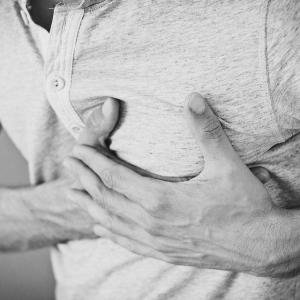Vitamins That Ease Anxiety and Depression
Many people with anxiety or depression are interested in finding a "natural" treatment method that can help ease their symptoms. For some people, supplementing with vitamins may be an alternative to traditional antidepressants; others might find that increasing vitamin intake is a good complement to other treatments for anxiety and depression. Either way, it is important to discuss any vitamin supplements you'd like to take with your doctor, to be sure that the dosages are safe and will not negatively interact with other medications or lifestyle factors.
B-Complex Vitamins
Research has found that deficiencies in B vitamins may play a role in depression and anxiety. One study, for example, found that patients with higher concentrations of vitamin B12 in their blood responded better to treatment with antidepressants, suggesting that B12 supplementation may boost the effectiveness of the drug. Deficiencies in B-complex vitamins can lead to symptoms like fatigue, depression, stress, anxiety, and agitation. These vitamins are not stored in the body, so they must be supplied by diet and nutrition. The B-complex vitamins are thiamine (B1), niacin (B3), pantothenic acid (B5), pyridoxine (B6), vitamin B12, and folic acid. Refined sugars, alcohol, and some medications interfere with the absorption and retention of the B vitamins.
Vitamin C
Vitamin C deficiency has been linked to depression, and supplementation with vitamin C has lead to improved symptoms in some studies. People in developed countries rarely have severe vitamin C deficiency (which leads to the disorder scurvy), but even mild deficiency may cause irritability, fatigue, and depression. Supplementation is important for people who have recently had surgery or who have an inflammatory disease; pregnancy, breastfeeding, and stress also can increase the body's need for vitamin C.
Vitamin D
Recent studies suggest that vitamin D may play a role in depression, and supplementation may ease symptoms for some people. Vitamin D is produced as a result of exposure to sunlight, so supplementation may help people with seasonal depression who are perhaps affected by low levels of vitamin D during the winter.
Photo: Pixabay








